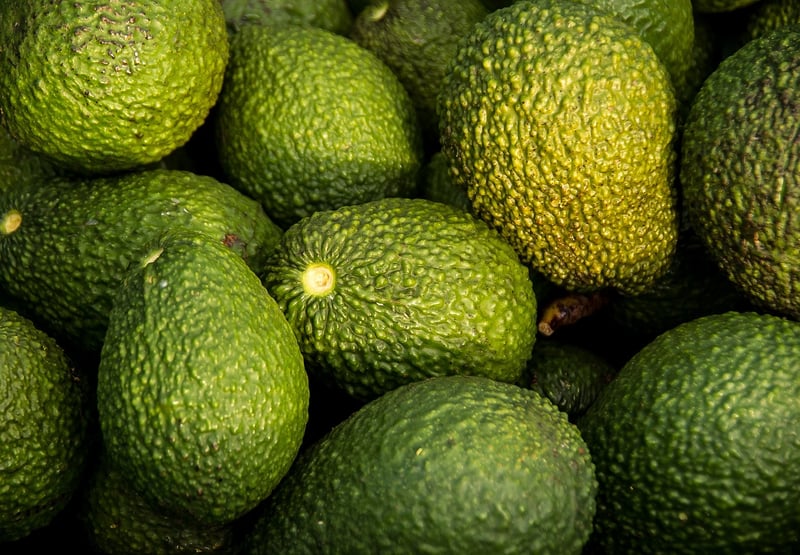Nutrient-Rich Foods
The Power of Nutrient-Rich Foods in a Healthy Diet
Eating a well-balanced diet rich in essential nutrients is crucial for overall health and well-being. Nutrient-rich foods provide the body with the necessary vitamins, minerals, fiber, and antioxidants it needs to function at its best. Incorporating these foods into your daily meals can help you maintain a healthy weight, prevent chronic diseases, and boost your energy levels.
What are Nutrient-Rich Foods?
Nutrient-rich foods are those that are packed with vitamins, minerals, and other essential nutrients but are relatively low in calories. These foods provide a high level of nutrition compared to their calorie content, making them ideal choices for a healthy diet. Some examples of nutrient-rich foods include:
- Leafy green vegetables like spinach, kale, and Swiss chard
- Fruits such as berries, oranges, and apples
- Whole grains like quinoa, brown rice, and oats
- Lean proteins such as chicken, fish, tofu, and legumes
- Dairy products like Greek yogurt and low-fat milk
- Healthy fats from sources like avocados, nuts, and olive oil
The Benefits of Including Nutrient-Rich Foods in Your Diet
There are numerous benefits to incorporating nutrient-rich foods into your daily meals:
- Improved Overall Health: Nutrient-rich foods support the proper functioning of your body and help reduce the risk of chronic diseases like heart disease, diabetes, and certain types of cancer.
- Weight Management: These foods are typically lower in calories and higher in fiber, helping you feel full and satisfied while managing your weight.
- Enhanced Energy Levels: Nutrient-rich foods provide the necessary fuel for your body to function optimally, giving you more energy throughout the day.
- Boosted Immune System: The vitamins and minerals found in these foods help strengthen your immune system, making you more resilient to illnesses.
- Improved Digestive Health: Foods high in fiber promote healthy digestion and can prevent digestive issues like constipation.
How to Incorporate Nutrient-Rich Foods into Your Diet
Here are some tips to help you include more nutrient-rich foods in your daily meals:
- Fill half your plate with fruits and vegetables at each meal.
- Choose whole grains like brown rice, quinoa, and whole-wheat bread over refined grains.
- Opt for lean proteins like chicken, fish, tofu, and legumes instead of red or processed meats.
- Snack on nuts, seeds, or yogurt for a nutritious and satisfying bite.
- Use healthy fats like olive oil, avocado, or nut butter in cooking.
- Drink plenty of water throughout the day to stay hydrated and support overall health.
By making small changes to your diet and prioritizing nutrient-rich foods, you can significantly improve your overall health and well-being. Remember, it's not about perfection but about making consistent, healthy choices that support your long-term wellness.

Start incorporating nutrient-rich foods into your meals today and experience the positive impact they can have on your health!
